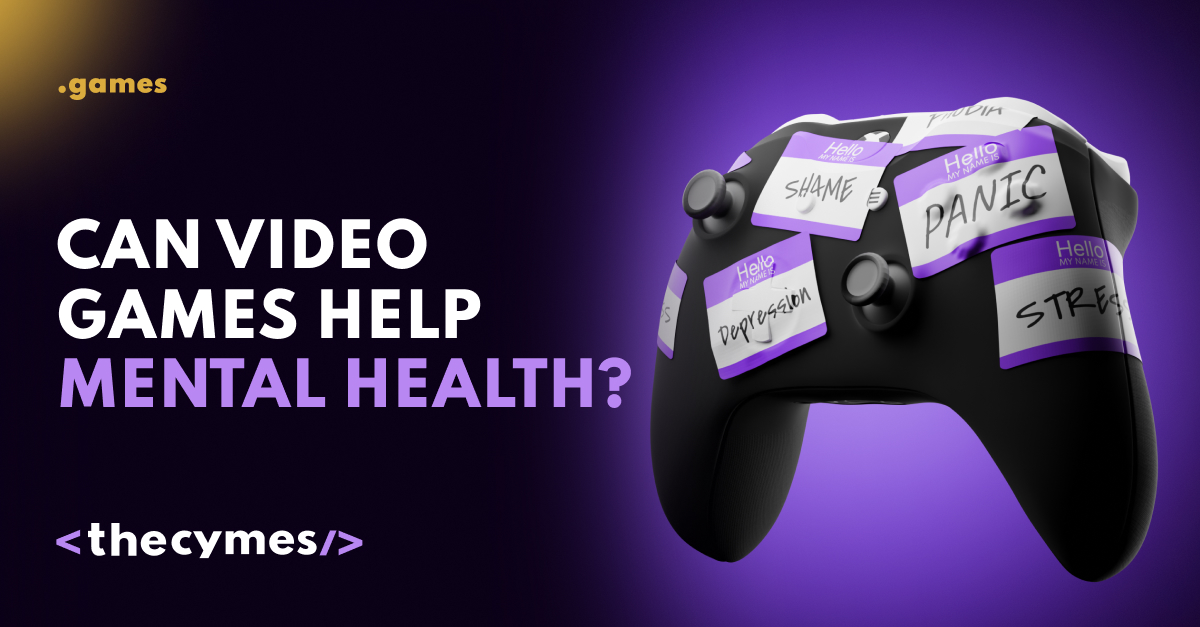.games17 October 07:06
0<
Top 10 most influential games of all time: What made them classics?
/>These 10 games didn't just change the industry—they changed our lives be updated on the latest tech newsGet exclusive news updates and overview on tech market




